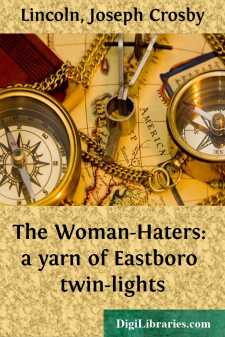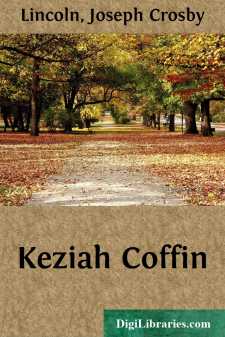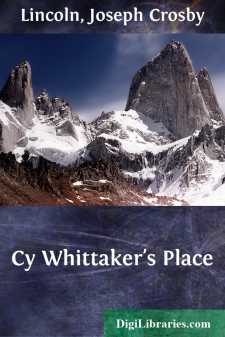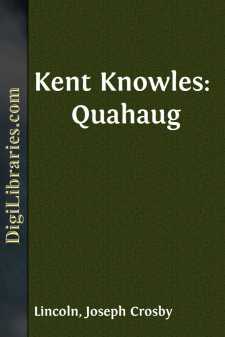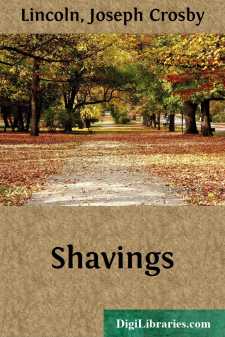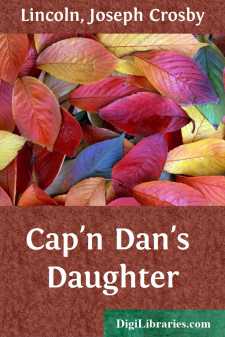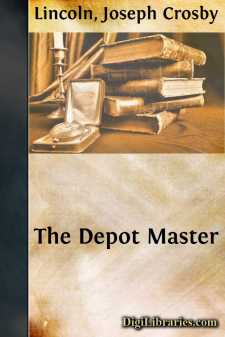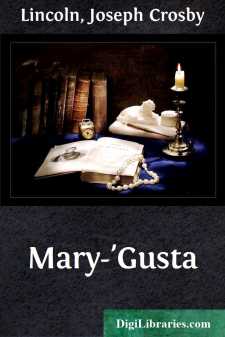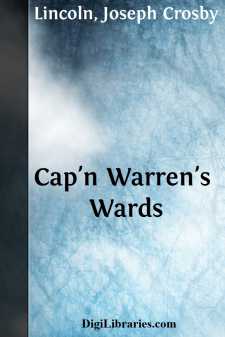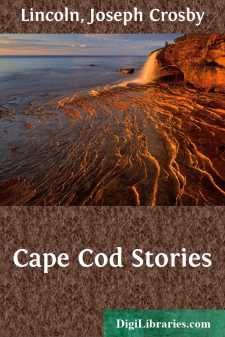Categories
- Antiques & Collectibles 13
- Architecture 36
- Art 48
- Bibles 22
- Biography & Autobiography 813
- Body, Mind & Spirit 142
- Business & Economics 28
- Children's Books 17
- Children's Fiction 14
- Computers 4
- Cooking 94
- Crafts & Hobbies 4
- Drama 346
- Education 46
- Family & Relationships 57
- Fiction 11829
- Games 19
- Gardening 17
- Health & Fitness 34
- History 1377
- House & Home 1
- Humor 147
- Juvenile Fiction 1873
- Juvenile Nonfiction 202
- Language Arts & Disciplines 88
- Law 16
- Literary Collections 686
- Literary Criticism 179
- Mathematics 13
- Medical 41
- Music 40
- Nature 179
- Non-Classifiable 1768
- Performing Arts 7
- Periodicals 1453
- Philosophy 64
- Photography 2
- Poetry 896
- Political Science 203
- Psychology 42
- Reference 154
- Religion 513
- Science 126
- Self-Help 84
- Social Science 81
- Sports & Recreation 34
- Study Aids 3
- Technology & Engineering 59
- Transportation 23
- Travel 463
- True Crime 29
The Woman-Haters: a yarn of Eastboro twin-lights
Description:
Excerpt
MR. SETH ATKINS
The stars, like incandescent lights fed by a fast weakening dynamo, grew pale, faded, and, one by one, went out. The slate-colored sea, with its tumbling waves, changed color, becoming a light gray, then a faint blue, and, as the red sun rolled up over the edge of the eastern horizon, a brilliant sapphire, trimmed with a silver white on the shoals and along the beach at the foot of the bluff.
Seth Atkins, keeper of the Eastboro Twin-Lights, yawned, stretched, and glanced through the seaward windows of the octagon-shaped, glass-enclosed room at the top of the north tower, where he had spent the night just passed. Then he rose from his chair and extinguished the blaze in the great lantern beside him. Morning had come, the mists had rolled away, and the dots scattered along the horizon—schooners, tugs, and coal barges, for the most part—no longer needed the glare of Eastboro Twin-Lights to warn them against close proximity to the dangerous, shoal-bordered coast. Incidentally, it was no longer necessary for Mr. Atkins to remain on watch. He drew the curtains over the polished glass and brass of the lantern, yawned again, and descended the winding iron stairs to the door at the foot of the tower, opened it and emerged into the sandy yard.
Crossing this yard, before the small white house which the government provided as a dwelling place for its lightkeepers, he opened the door of the south tower, mounted the stairs there and repeated the extinguishing process with the other lantern. Before again descending to earth, however, he stepped out on the iron balcony surrounding the light chamber and looked about him.
The view, such as it was, was extensive. To the east the open sea, the wide Atlantic, rolling lazily in the morning light, a faint breeze rippling the surfaces of the ground-swell. A few sails in sight, far out. Not a sound except the hiss and splash of the surf, which, because of a week of calms and light winds, was low even for that time of year—early June.
To the north stretched the shores of the back of the Cape. High clay bluffs, rain-washed and wrinkled, sloping sharply to the white sand of the beach a hundred feet below. Only one building, except those connected with the lighthouses, near at hand, this a small, gray-shingled bungalow about two hundred yards away, separated from the lights by the narrow stream called Clam Creek—Seth always spoke of it as the "Crick"—which, turning in behind the long surf-beaten sandspit known, for some forgotten reason, as "Black Man's Point," continued to the salt-water pond which was named "The Cove." A path led down from the lighthouses to a bend in the "Crick," and there, on a small wharf, was a shanty where Seth kept his spare lobster and eel-pots, dory sails, nets, and the like. The dory itself, with the oars in her, was moored in the cove.
A mile off, to the south, the line of bluffs was broken by another inlet, the entrance to Pounddug Slough. This poetically named channel twisted and wound tortuously inland through salt marshes and between mudbanks, widening at last to become Eastboro Back Harbor, a good-sized body of water, with the village of Eastboro at its upper end....


